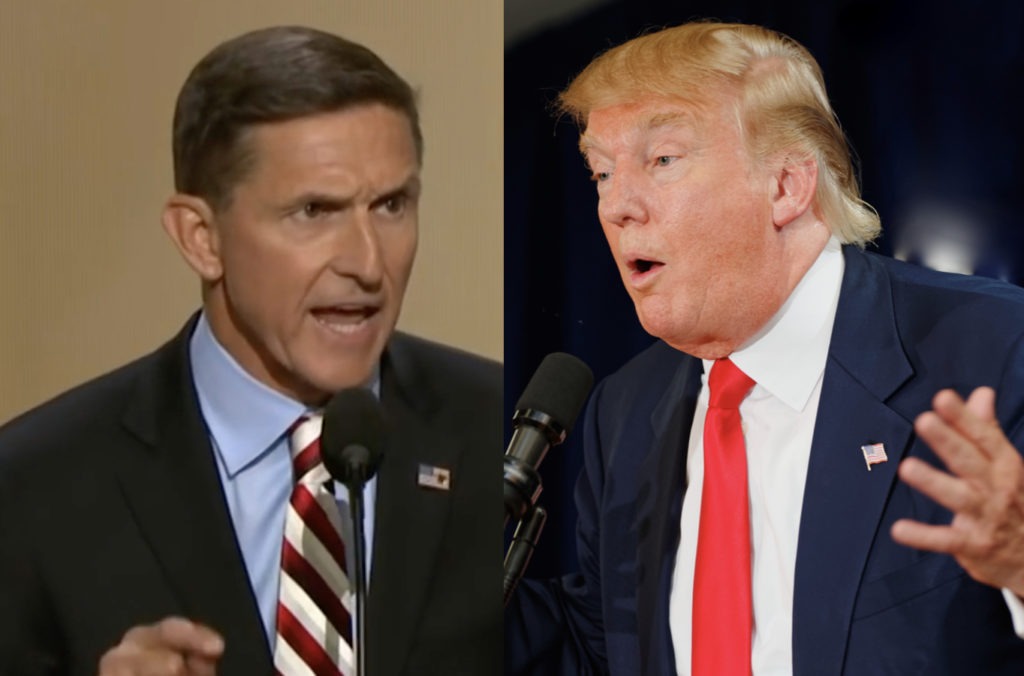Michael Flynn gives away the game

On Thursday, Michael Flynn showed up for his scheduled testimony to the January 6th Committee, only to end up invoking the Fifth Amendment. It’s the latest sign that Trump world really does think it’s in trouble.
To be clear, pleading the Fifth is not legally considered a sign of guilt. But it is fair to interpret pleading the Fifth as a sign that you fear or expect you’ll be criminally charged (even if you consider yourself innocent or wrongly accused), and that you don’t want to risk making it easier for prosecutors to convict you.
So it’s pretty clear that Michael Flynn fears the Department of Justice is going to end up criminally indicting him for his underlying alleged crimes. This comes after Roger Stone, Alex Jones, and other key Trump loyalists also pleaded the Fifth during their January 6th Committee testimony.
While it’s not clear just how many times Flynn invoked the Fifth Amendment, it’s previously been reported that Stone and Jones pleaded the Fifth in response to essentially every question. This is notable because there’s legal precedent which says that if you broadly plead the Fifth in response to every question and topic, even questions whose answers can’t reasonably be used against you in any sort of prosecution, then this is the same as failing to appear.
January 6th Committee member Jamie Raskin has previously hinted that witnesses who plead the Fifth in response to every question will end up being referred for criminal contempt. This suggests that some in Trump world are so fearful of broader criminal charges from the DOJ, they’d rather risk also going down for contempt, than risk testifying in a way that could make it easier to convict them on the broader charges.
